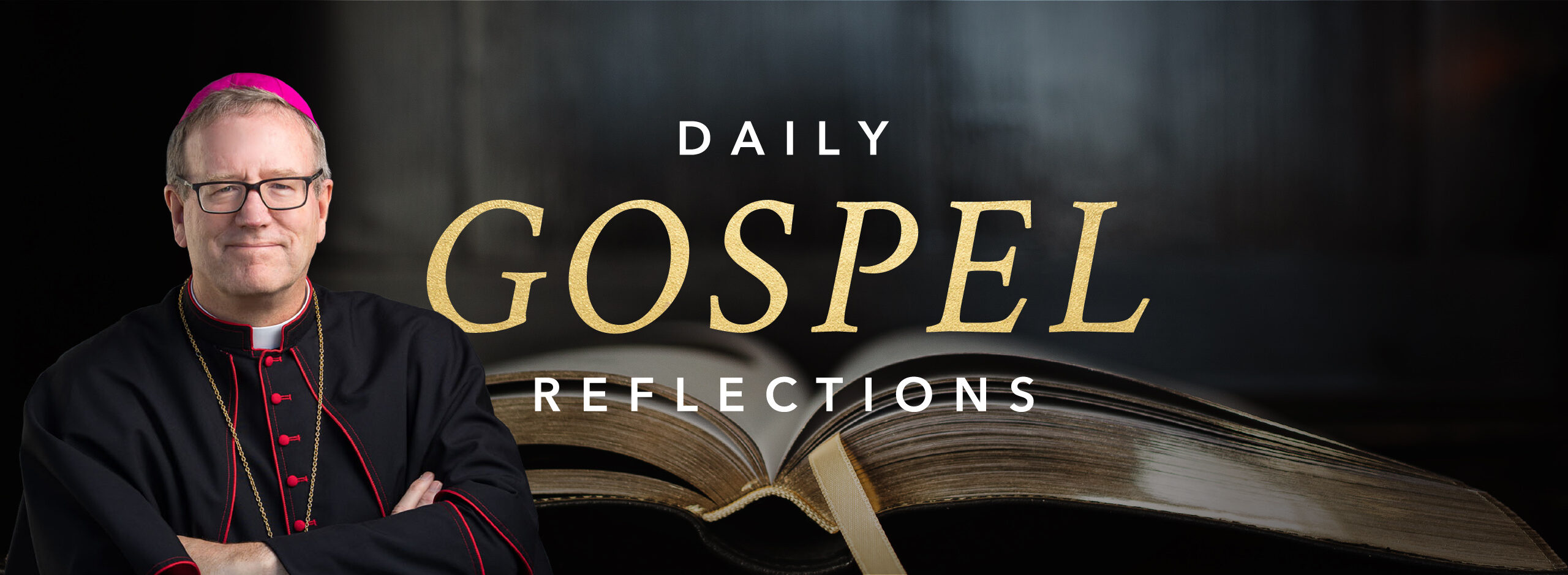Friends, in today’s Gospel, we hear a passage from Isaiah echoing the Baptism of Jesus: “Behold, my servant whom I have chosen, my beloved in whom I delight.”
In the Greek philosophical tradition, God is the supreme good around which everything in the universe revolves. But that Aristotle’s prime mover would stoop down to the level of a creature and move toward him—that would be unthinkable. And in the Jewish context, God’s absolute holiness was consistently contrasted with human sinfulness. But that God would himself take on the wretchedness of his creatures and stand with them—no way.
Yet, in Christ, God himself moves toward his creatures, takes on their wretchedness, and stands with them. Why? Because God has come in order to forgive sins. This is the heart and soul, the beginning and end of Christian revelation. How often the words and gestures of forgiveness radiate out from Jesus, and how central forgiveness is to the liturgy. “This is the chalice of my Blood . . . which will be poured out for you . . . for the forgiveness of sins.”
This is why “he will not break a bruised reed or quench a smoldering wick.” God has not come to finish off those who have blown it spiritually and morally, but to stand with them in total solidarity.
